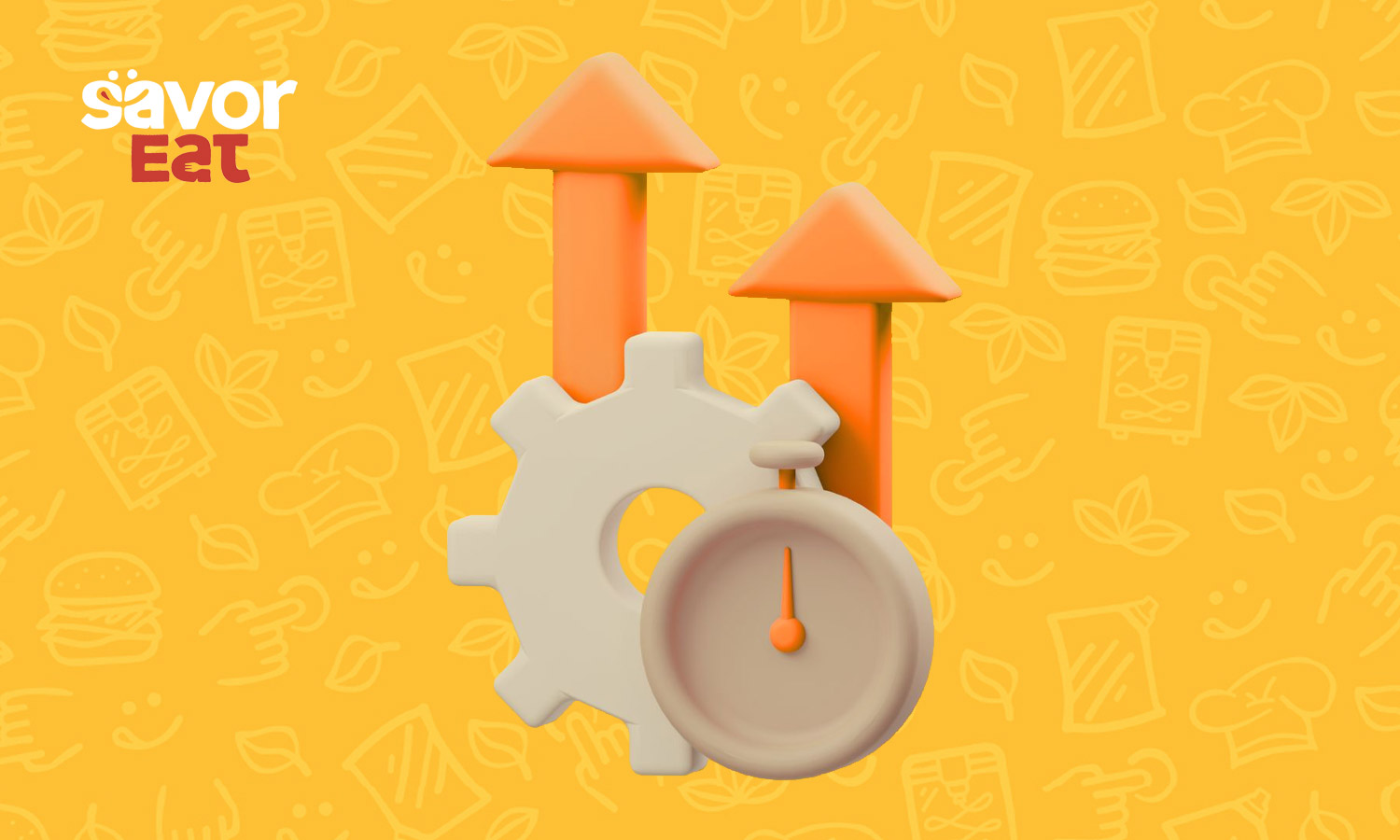The transition towards digital technology, part of the fourth industrial revolution (Industry 4.0), has reshaped many industries. The COVID-19 pandemic accelerated this trend, highlighting the critical role of digital solutions in mitigating crises. Technologies such as AI, big data, IoT, blockchain, robotics, and VR are now essential for the food industry. Other sectors, like entertainment and banking, have successfully adopted digital transformation, addressing challenges from personalization to labor costs. The food tech industry, similarly, is a gold mine of unrealized potential, offering exciting opportunities for investors to be part of a transformative journey.
Digital transformation in Food-Tech and Agro-Tech impacts many sectors, from personalization to climate change issues and significant challenges like food security and safety. Today, 30% of the world’s population experiences food insecurity. According to UN estimates, 376 million people are hungry, and various factors, including climate change and supply chain disruptions, influence these statistics. With the global population projected to reach 10 billion in the coming decades, food production must increase by at least 65%. However, 70% of agricultural land is already in use, and 40% suffers from soil erosion and reduced fertility. These challenges demand immediate attention and action from policymakers and researchers.
Urgency for Innovation in the Food Sector
The challenges in the food sector have escalated beyond business concerns, becoming critical issues for governments worldwide. The urgency of addressing this crisis is paramount. The global food industry must urgently transition away from traditional farming methods, especially in the meat industry. A McKinsey study revealed that food tech has the most significant gap between its industry size and level of digitization. Investors are optimistic that food tech will undergo a digital revolution similar to the transformations seen in the cyber and fintech sectors.
Enhancing Efficiency Through Technology
Labor shortages further drive the need for robotics, digitization, and automation in food production. In Europe, for example, a third of farmers are over 65, with few younger people to replace them. Without technologies such as GPS, sensors, and drones to optimize farming practices, this sector won’t survive. Smart farming enables farmers to operate less manually and more efficiently. Using data-driven insights, farmers can make informed decisions to maximize crop yields, reduce resource usage, and minimize environmental impact.
Israel: A Hub for Innovation
Israel, in particular, is an attractive hub for digital food-tech and agriculture solutions and is even considered by many as the place that is shaping the global powerhouse. From digital manufacturing solutions to personalized nutrition, cloud technology to better manage supply chain issues, and robotics in food production, many innovations come from here. There is a reason why Israel is ranked second globally in investment in alternative protein, raising $454 million in 2023 and representing 15% of global venture capital funds. Developments within alternative proteins are a big factor in turning the food industry into a much more efficient system that, in the future, will be able to provide solutions to global hunger—not only for vegetarians and vegans but also for those seeking sustainable meat alternatives.
The Future of Food Production
The future of food, especially in production and manufacturing, holds immense promise as we embrace digital transformation. By harnessing advanced technologies and nurturing innovation, we can tackle pressing global challenges and forge a sustainable, secure, and efficient food system. The opportunity to act is ripe, paving the way for a resilient future for the global food industry.





